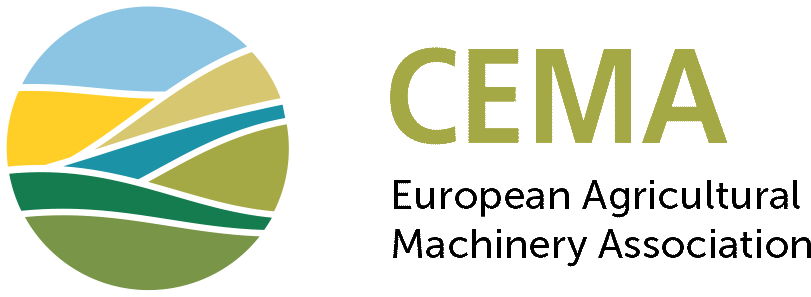The EU industry associations representing the non-road mobile machinery sector call on the EU to adopt swift measures in response to disruptions caused by the COVID-19 pandemic.
***
COVID-19: Joint Statement by European mobile machinery industry
The European industry associations representing the non-road mobile machinery sector call on the EU to adopt swift measures in response to disruptions caused by the COVID-19 pandemic.
In a joint letter sent today to the European Commission CECE, CEMA, EGMF, EUnited Municipal Equipment & Cleaning, Europgen and FEM ask for a moratorium on the application of 2020 and 2021 deadlines listed in Regulation 2016/1628/EU on exhaust emissions from NRMM and 2018/985/EU for agricultural vehicles.
According to the Regulation, 2020 is the transition phase for Stage V engines in power ranges <56kW and ≥130kW and 2021 will be the transition phase for power ranges from 56kW to 130kW. Complying with the Regulation’s deadlines, manufacturing and procurement of transition engines have been completed. Machine manufacturers have now until 30th June 2020 to produce the <56kW and ≥130kW machines fitted with these transition engines, and then until 31st December 2020 to place these machines on the EU market. Identical deadlines apply in 2021 for machines in power ranges from 56kW to 130kW.
The cosignatories point out that the COVID-19 outbreak is causing complete interruptions of supply of parts and components. This was the case from China for several weeks and is now starting for other components from Italy and other Member States. Indeed, as the pandemic is progressing, further interruptions – including because of government-imposed lockdowns – are being put in place, planned or expected in Europe and in the US.
Without essential parts like tyres, axles, hydraulics, lighting & electronic equipment, manufacturers are effectively prevented from completing the construction of the machines by the imposed deadlines. As a result, they will not be able to place the machines on the market with the transition engines they had already acquired. Since it will be no longer possible to use them, these engines will have to be scrapped, which will lead to avoidable economic damage and unnecessary waste of raw materials and resources.
“The situation is critical. A temporary moratorium must be granted, with deadlines postponed until the situation can be reassessed. Neutral from an environmental point of view, the measure would prevent further economic damage caused by the COVID-19 pandemic to our manufacturing industries and the jobs that depend on them” said Jerome Bandry, CEMA Secretary General.
CEMA aisbl www.cema-agri.org is the association representing the European agricultural machinery industry. With 11 national member associations, the CEMA network represents both large multinational companies and numerous SMEs active in this sector.
The industry comprises about 7,000 manufacturers, producing more than 450 different types of machines with an annual turnover of about €40 billion (EU28 – 2016) and 150,000 direct employees. CEMA companies produce a large range of machines that cover any activity in the field from seeding to harvesting, as well as equipment for livestock management.








